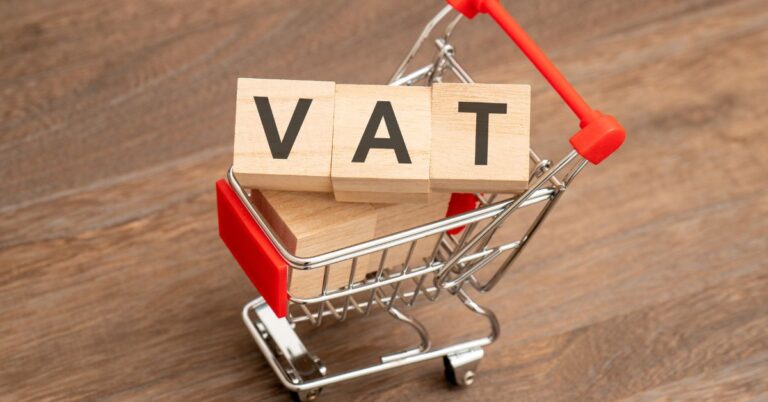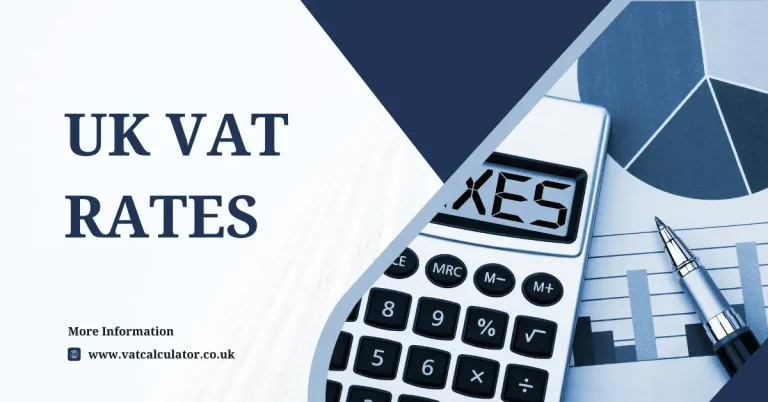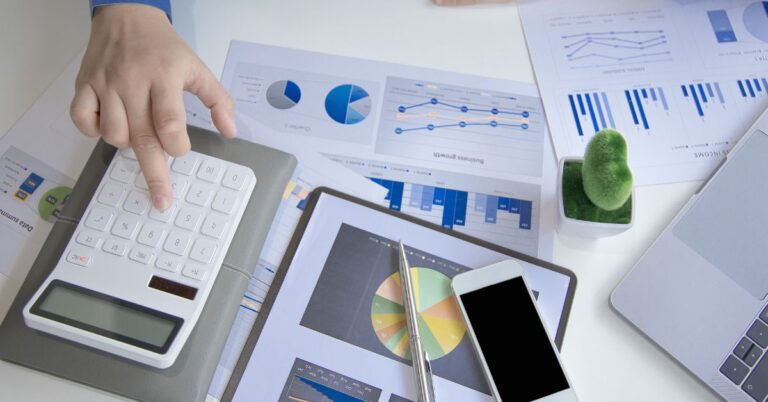Can you Claim VAT Back if You are a Sole Trader?
Yes, sole traders can claim VAT back on business purchases, but only after VAT registration with HMRC. You must register for VAT when your business turnover exceeds £90,000 in any 12-month period. You can also register voluntarily below this threshold.
VAT-registered sole traders reclaim VAT on office supplies, equipment, professional services, and business travel. According to HMRC guidance on VAT recovery, you can claim VAT on goods purchased up to 4 years before registration and services bought 6 months before registration.
Can Sole Traders Register for VAT?
Sole traders must register for VAT when their taxable turnover exceeds £90,000 in any rolling 12-month period. This threshold increased from £85,000 in April 2024, making the UK’s VAT registration threshold the highest in the OECD alongside Switzerland.
You must register within 30 days of exceeding the threshold. You also register if you expect to exceed £90,000 within the next 30 days.
Voluntary VAT registration allows sole traders with lower turnover to register for VAT. Benefits include VAT recovery on business expenses and enhanced professional credibility with clients.
VAT Registration Requirements
What documents do sole traders need for VAT registration? Sole traders need their National Insurance number, business bank account details, and estimated annual turnover figures.
How long does VAT registration take? HMRC processes VAT registration applications within 2-3 weeks of submission.
What Business Expenses Can You Claim VAT On?
Sole traders can claim VAT on purchases used wholly and exclusively for business purposes. The golden rule requires clear business use for all VAT claims.
Office Equipment and Supplies
- Computers and printers
- Business software licenses
Professional Services
- Accountancy fees
- Legal advice costs
Business Premises
- Office rent payments
- Utility bills for business premises
Stock and Materials
- Raw materials for production
- Goods purchased for resale
How Do You Claim VAT on Mixed-Use Items?
You can claim a proportion of VAT based on business usage percentage for mixed-use items. Calculate the business proportion and apply this percentage to your VAT claim.
Mobile phone example: If 60% of usage is for business, claim 60% of VAT on the phone purchase and monthly bills.
Home office example: If your office occupies 20% of your home’s floor space, claim 20% of VAT on utility bills.
Keep detailed records showing how you calculated business usage percentages. HMRC requires evidence during inspections.
What VAT Cannot Be Claimed Back?
Sole traders cannot claim VAT on personal expenses, client entertainment, or exempt goods. Specific exclusions include:
- Personal meals and drinks
- Business entertainment for clients
Exception: Business meals during overnight business trips can include VAT claims.
For detailed information about calculating VAT backwards from total amounts, our calculator provides step-by-step guidance.
What about VAT Flat Rate Scheme users? Flat Rate Scheme users cannot reclaim VAT on purchases except capital assets costing over £2,000.
Can You Claim VAT on Vehicles and Fuel?
Commercial vehicles allow full VAT recovery when used solely for business. Cars have restricted VAT recovery unless used exclusively for business with zero private use.
Vehicle VAT Rules
- Vans and lorries: Full VAT recovery for business-only use
- Cars: VAT recovery only with exclusive business use and documented restrictions
Fuel VAT Options
You have three fuel VAT recovery methods:
- Full recovery with scale charge: Reclaim all fuel VAT but pay quarterly CO2-based charges
- Mileage method: Claim VAT only on business fuel usage with detailed mileage records
Choose based on annual business mileage. High-mileage businesses benefit from full recovery.
How Do Pre-Registration VAT Claims Work?
You can claim VAT on business purchases made before VAT registration within specific time limits. This backdated claiming provides substantial refunds for new VAT registrations.
4-Year Rule for Goods
Claim VAT on business goods purchased within 4 years of registration if you:
- Still own or use the goods
- Have valid VAT receipts
6-Month Rule for Services
Claim VAT on business services purchased within 6 months of registration when services contributed to current business activities.
Example: You bought a £1,200 laptop two years ago for business. When registering for VAT, reclaim the £200 VAT component if still using the laptop for business.
Which VAT Scheme Should Sole Traders Choose?
Standard VAT accounting offers maximum VAT recovery flexibility but requires detailed transaction records. Most sole traders with significant business expenses benefit from standard accounting.
VAT Flat Rate Scheme
Flat Rate Scheme charges a fixed percentage of gross turnover instead of tracking individual transactions. Percentages range from 11% to 16.5% depending on business type.
Limited cost traders pay 16.5% when goods costs are less than 2% of turnover or under £1,000 annually. Learn more about VAT flat rate scheme calculations and eligibility requirements.
Cash Accounting Scheme
Cash accounting allows VAT calculations only when payments are received or made. This scheme helps businesses with extended payment terms manage cash flow.
How Do You Submit VAT Returns and Claim Refunds?
VAT returns are submitted quarterly through Making Tax Digital compatible software. Returns include Output VAT charged on sales and Input VAT paid on purchases.
VAT refunds occur automatically when Input VAT exceeds Output VAT on your return. HMRC processes refunds within 10 working days, extending to 30 days during peak periods.
For businesses unsure about their obligations, check if you need to register for VAT based on your turnover and business activities.
VAT Return Deadlines
Submit VAT returns by the last day of the month following your VAT period end.
Example: March 31st VAT period requires submission by April 30th.
Making Tax Digital Requirements
All VAT-registered businesses must:
- Maintain digital VAT records
- Use compatible software for submissions
Understanding what products are exempt from VAT helps identify which purchases qualify for VAT recovery claims.
What Records Must You Keep for VAT Claims?
Keep all VAT receipts and invoices for 6 years to support your claims. Digital storage with backup systems protects against document loss.
Essential Documentation
- Original VAT invoices showing supplier VAT numbers
- Bank statements proving payment
- Business purpose evidence for all purchases
Monthly expense reviews help identify missed VAT recovery opportunities on professional subscriptions, training courses, and business insurance.
When Should You Seek Professional VAT Advice?
Consider professional VAT advice for complex business structures, international trading, or HMRC disputes. Specialists help optimize VAT positions while maintaining compliance.
Common situations requiring professional help:
- Choosing between VAT schemes
- Managing partial exemption rules
Many sole traders also benefit from understanding how to claim VAT refunds to maximize their cash flow recovery opportunities.
Final Thoughts
Sole traders can claim substantial VAT refunds on business expenses after VAT registration. Registration occurs automatically at £90,000 turnover or through voluntary application below this threshold.
Success requires understanding registration requirements, maintaining excellent records, and claiming VAT only on legitimate business expenses. Mixed-use items need careful business usage calculations, while some expenses like client entertainment remain non-recoverable.
Pre-registration VAT claims offer significant opportunities for new registrations – claim VAT on goods purchased within 4 years and services within 6 months before registration.For complex VAT situations or optimization advice, professional guidance helps maximize legitimate VAT recovery while maintaining full HMRC compliance. Use our VAT calculator for accurate VAT calculations and explore our guide on VAT registration procedures for detailed registration steps.





